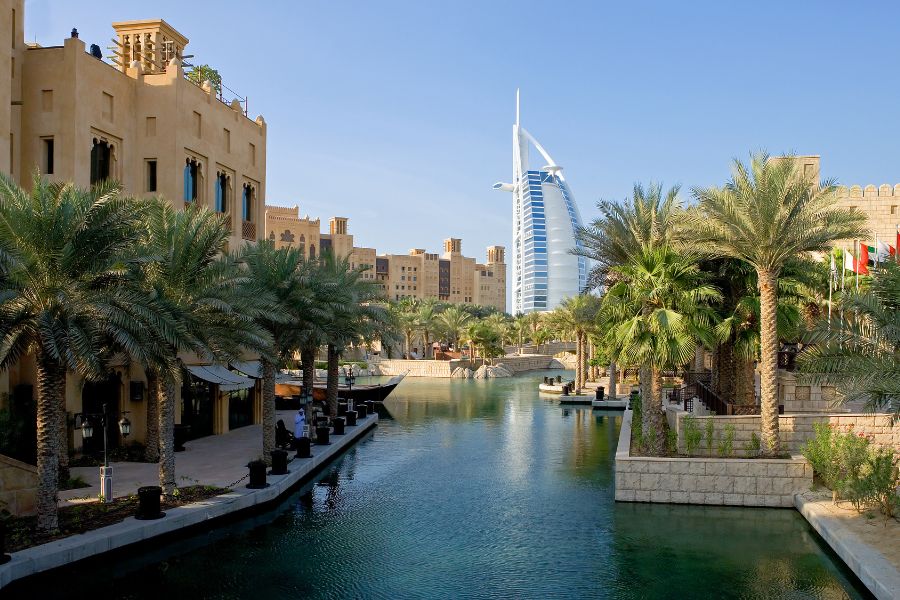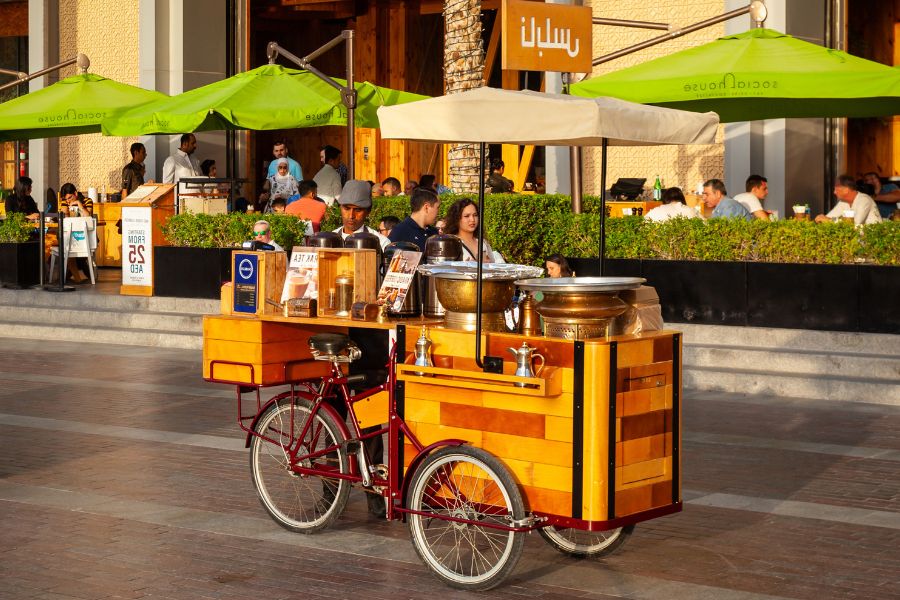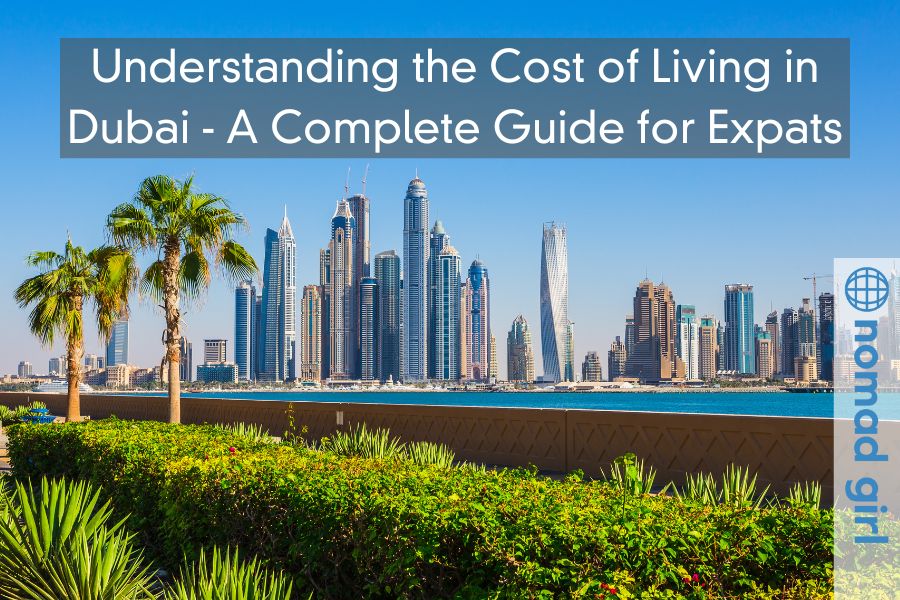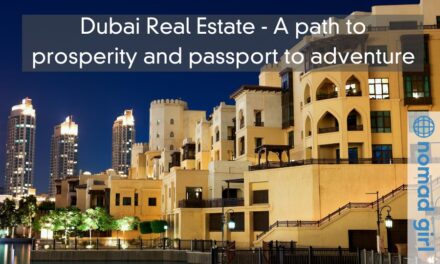Dubai has built a reputation as a global playground for professionals, entrepreneurs, and dreamers, thanks to its mix of tax-free income, plush lifestyles, and rapid urban growth. This city is all about soaring skyscrapers, impeccable services, and year-round sunshine. Yet, while Dubai paints a picture of opulence, every expat must weigh the nitty-gritty of living costs here. Budgeting, after all, determines whether Dubai becomes a golden land of opportunity or a place that pushes your wallet to its limits.
For anyone considering a move to this bustling emirate, understanding what goes into everyday costs is critical. From high-rise apartments with a view of the Burj Khalifa to food and transportation, we’ve laid out the cost of living in Dubai and how they differ depending on lifestyle choices.
Housing and Accommodation Costs
Housing—one of Dubai’s biggest expenses—varies dramatically across neighbourhoods, amenities, and apartment types. Let’s break down the different options.

Types of Accommodation
In Dubai, accommodation ranges from sleek high-rise apartments to luxurious villas. You’ll find options galore:
- Apartments vs. Villas: Apartments, especially in areas like Dubai Marina, are popular among single expats and couples. Villas, often tucked away in Jumeirah and Umm Suqeim, offer more space, privacy, and yes, a heftier price tag. Do you crave an expansive backyard or prefer a high-rise view? Read about Dubai’s Real Estate options.
- Furnished vs. Unfurnished: A furnished apartment might come with higher monthly costs, but it saves you from hefty upfront investments in furniture. If you’re here for the long haul, unfurnished might be the smarter choice.
- Serviced Apartments: These are popular and come at a premium for those on short-term contracts or temporary stays. Think of them as hotels with monthly rates, catering to a lifestyle of convenience.
Popular Expat Areas and Their Costs
Location, location, location—the golden rule of real estate also applies in Dubai. Expats flock to certain neighbourhoods, each with its charm and price tag:
- Downtown Dubai: Expect sky-high rents, but you’re in the heart of the action, with the Burj Khalifa towering above.
- Dubai Marina & JBR: Popular for beachside living with shopping, dining, and entertainment at your doorstep. It’s vibrant but comes with higher rents.
- Jumeirah & Umm Suqeim: Dreaming of a villa with privacy? These upscale areas have spacious properties perfect for families, but you’ll pay for them.
- Business Bay & DIFC: These are close to business hubs and ideal for finance professionals, but the convenience comes at a cost.
For more affordable options, consider:
- Al Barsha: Affordable, family-friendly, and near the Metro.
- Dubai Silicon Oasis: Perfect for families with suburban vibes.
- Deira & Bur Dubai: More budget-friendly and brimming with culture.
Factors Affecting Rent Prices
It’s not just the location that drives up rent prices. Want a sea view or a place right next to the metro? Expect to pay more for these conveniences. Proximity to schools, gyms, shopping centres, and business districts also makes a difference. In Dubai, even your building’s amenities—think pools, gyms, or concierge services—can tip the scale.
Daily Living Expenses
Daily expenses might seem small individually, but they quickly add up. Here’s a breakdown of costs to anticipate in Dubai.

Food and Dining
- Grocery Costs: Grocery prices vary widely depending on where you shop. Carrefour and Lulu Hypermarket offer the essentials at more reasonable prices, while Spinneys has a selection of imported goods that can stretch your grocery budget.
- Dining Out: Eating out varies from cheap shawarma at a local cafe to extravagant meals at world-class restaurants. For budget dining, you can eat out for $10 per meal. For mid-range options, count on $30 to $60, while high-end restaurants could set you back $200 per person.
- Alcohol Prices: As Dubai regulates alcohol, be prepared for high prices. A bottle of wine at a licensed venue can cost as much as a night out elsewhere.
Utilities and Internet
Utilities, including cooling costs, spike during summer. Internet plans start at around AED 250/month, depending on the provider (Etisalat, Du). And remember, a mobile plan may add another AED 150–200 monthly.
Transportation
- Public Transportation: Dubai’s metro and buses are efficient and affordable. A monthly pass can cost between AED 270 and AED 500, depending on zones. If you live near a metro station, you’ll save significantly on commuting costs.
- Car Ownership: Many expats opt for cars, and car costs include registration fees, insurance, fuel, and parking fees, not to mention occasional Salik toll charges.
- Ridesharing Services: Uber and Careem are popular but add up if used regularly. For daily commutes, public transport or car ownership is more economical.
Healthcare and Insurance
While healthcare is top-notch, it’s also expensive without insurance. Most employers provide basic coverage, but if you need more extensive coverage, look into private plans, which can cost AED 2,000 to AED 10,000 annually.
Education and Schooling
For families, schooling costs can be a major concern. Tuition fees in private and international schools range from AED 20,000 to AED 100,000 annually. Uniforms, extracurricular activities, and transportation come with their own costs, so budgeting for a family education package is key.
Salary and Employment Options
Dubai’s job market is a kaleidoscope of opportunities for skilled expats.
Average Salaries for Key Professions
Salaries range significantly by industry:
- Finance: AED 20,000–50,000/month
- Technology: AED 15,000–40,000/month
- Healthcare: AED 12,000–30,000/month
Your nationality and experience impact your salary offer. Western expats often receive higher offers, especially in management roles. Some companies also offer perks like housing allowances, airfare, and even schooling stipends, making life in Dubai more affordable.
Job Market for Expats
High-demand industries include finance, engineering, IT, and education. Getting a job in Dubai often means navigating visa sponsorship, with many employers handling the process. Networking helps too—attend industry events or use platforms like LinkedIn to connect.
Cost of Living vs. Salary Expectations
Balancing the cost of living with your salary depends on lifestyle choices. Those who choose to splurge on high-end neighbourhoods, frequent dining, and luxury shopping will need higher salaries. However, expats can often save a significant portion of their income due to Dubai’s tax-free salaries, provided they manage their spending smartly.
How to Budget for Life in Dubai
Smart budgeting can turn Dubai from a money pit into a place to save for the future.
Monthly Budget Breakdown
Here’s an example budget for different scenarios:
| Monthly Expense | Single Person (Apartment) | Couple (Apartment) | Family (Villa) |
|---|---|---|---|
| Rent | AED 5,000 | AED 10,000 | AED 15,000 |
| Utilities & Internet | AED 1,200 | AED 1,500 | AED 2,500 |
| Food & Dining | AED 2,000 | AED 3,500 | AED 5,000 |
| Transportation | AED 1,000 | AED 2,000 | AED 3,000 |
| Miscellaneous | AED 1,500 | AED 2,500 | AED 4,000 |
| Total | AED 10,700 | AED 19,500 | AED 29,500 |
Living Frugally vs. Lavishly
For the frugal, Dubai offers budget neighbourhoods, smart dining options, and affordable public transport. Living lavishly, on the other hand, means embracing luxury—high-end housing, private school tuition, gourmet dining, and membership clubs. The choice is yours, and Dubai accommodates both with ease.
Conclusion
Dubai’s charms come at a price, but for those with a good salary and smart budget, the city offers unmatched opportunities and quality of life. Is Dubai your next home we hope you have liked our cost of living Dubai guide. If you’re up for a high-paced lifestyle and don’t mind the heat, you might just find it’s worth the cost.
For more resources, check out Dubai’s digital nomad visa process and get insights into Dubai for solo female travelers.


















